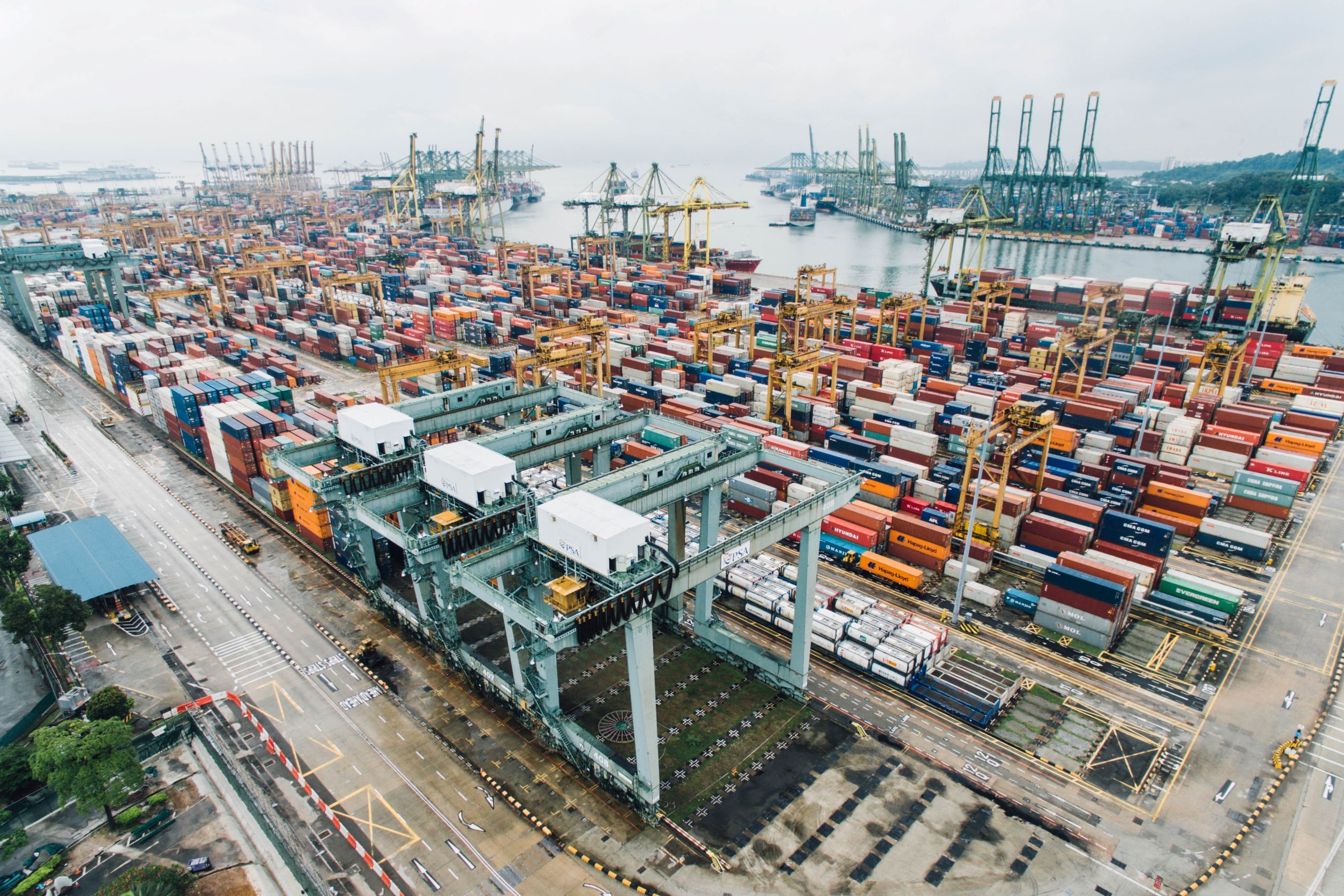Modern shoppers expect sustainability considerations in retail and e-commerce, including within the return process. Consumers are aware of the industry's impact on the environment, and desire eco-friendly retail options. Luckily for retailers, practicing sustainability when dealing with returns isn't just beneficial to the environment — it's good for business, too.
Current Environmental Impact
It goes without saying that, like many things these days, the retail industry has a measurable impact on the environment.
Besides dealing with the effects of retail production, the environmental impact can also be measured in the effects of returns — a business outcome that, luckily, can be changed. As a retailer, you have many tools at your disposal for reducing your returns.
Unfortunately, though, only about one in three retailers really prioritize managing their returns. This comes despite the fact that 10% of all returns wind up in landfills — a percentage that works out to be about five billion pounds of waste.
Additional waste from the returns industry comes from the sheer weight of packaging and shipping, which directly corresponds to the industry's carbon footprint. In fact, a 2021 industry report by Incisiv indicates that 15 million metric tons of carbon dioxide are produced each year by simply transporting retail returns.
Fortunately, it's within your means to reduce your returns, and change these outcomes.
Consumers Want Sustainability
If you're a retailer that finds the current impact of the industry on the environment concerning, chances are that your customers do, too.
Today's shoppers are acutely aware of environmental impacts, and want to do their part to address these effects. As such, many consumers say they'd be more likely to patronize a business that is known for being environmentally responsible. According to a 2020 report by Shopify Plus, 67% of their survey-takers confirm this fact.
What's more? Many young shoppers are willing to pay extra for guaranteed sustainability. According to The Atlantic, large majorities of Americans under the age of 40 claim that they're happy to spend more money on businesses that don't harm the environment.
It's clear that your customers desire sustainable practices from your business, which you can deliver to them.
Sustainable Movement of Products
As a retailer, you have the ability to incorporate sustainable practices at many levels of business, starting with the initial processes. Consider how the movement of your product impacts the environment — in both deliveries and returns — and what you can do to be more environmentally-friendly.
Luckily for retailers, the incentive is there.
Many shoppers are more likely to buy a product if it has sustainable packaging, and are even willing to pay a premium. Eco-conscious shoppers desire zero-waste packaging, where all of the packing materials have been reused or recycled. Small, minimal packaging is also high on the list of priorities for sustainable shoppers.
But with the cost increasing for retailers to fulfill orders, this process needs to be as efficient as possible. Order fulfillment should take place close to the customer, and should be automated.
Fortunately, this means the whole process is more sustainable, too.
The impact of shipping all these packages on a mass scale should be considered by retailers, too. A company's carbon footprint is based on the weight of their shipped packages, after all. So these numbers should be minimized as much as possible, with both packaging considered and returns reduced.
Utilizing minimal packaging and efficient shipping — along with simply sending less product back and forth — are just a couple of ways retailers can be more sustainable.
Sustainability with Returns
Along with expecting efficiency in the delivery of a product, consumers want sustainability within the returns process, too.
Before even getting to that process, though, retailers should work to reduce the avoidable, unwanted returns that occur in the first place. Like we've explained in previous blog posts, fit and sizing issues can be avoided by the retailer who implements detailed and accurate product descriptions on their website — leading to an informed shopping experience for the buyer, and a prevented unwanted return for the seller.
When dealing with the inevitable return, though, retailers have many options to benefit their customers, their business, and their environment.
As a retailer, consider offering your customers a variety of ways to drop off their returns for free and without packaging, such as in the store or at other designated locations. Since so much of the environmental impact comes from retailers' carbon footprint, you can help drive down these numbers by avoiding a need for new packaging for returns.
From Returns to Resale
Many retailers are now looking to additional logistics avenues that not only help the environment, but also benefit business.
Happy Returns, for example, is a reverse logistics company that allows businesses to utilize "Return Bars" at 700 locations across America, where customers can drop off returns for free and without packaging. The innovative company credits their reduction in environmental emissions with the shift away from single-use packaging for retail and returns.
Creative solutions for resale are also on the rise. Optimization platforms such as Optoro offer retailers an opportunity to resell their returned products on other sites like Amazon and eBay, alongside Optoro's own platform, Blinq. By reselling returned inventory on a variety of other platforms, Optoro estimates that they're reducing overall landfill waste by 70%.
Returnalyze Can Help
It's pretty clear that managing returns helps businesses operate more sustainably, yet Incisiv reports that nine out of ten retailers say they don't have the tools or technology to help them effectively reduce their returns.
But that doesn't have to be the case. At Returnalyze, we believe we can change this paradigm.
Because it's not that these tools simply don't exist — this technology is absolutely available for use. Data limitations experienced by retailers are resolved with Returnalyze, and our unique analytics allow for incredible business insight and discoveries.
We help retailers track their returns, uncover shopping trends, change business outcomes — and even keep those unwanted returns from ending up in the landfill.
With our biweekly check-ins, predictive alerts, insights and recommendations offered to our retail partners, we're doing more than just helping major businesses prioritize their returns. We're helping them achieve sustainability goals that are good for business, and great for the environment.
Let us help you achieve your goals and control your business outcomes, by contacting our team today.





